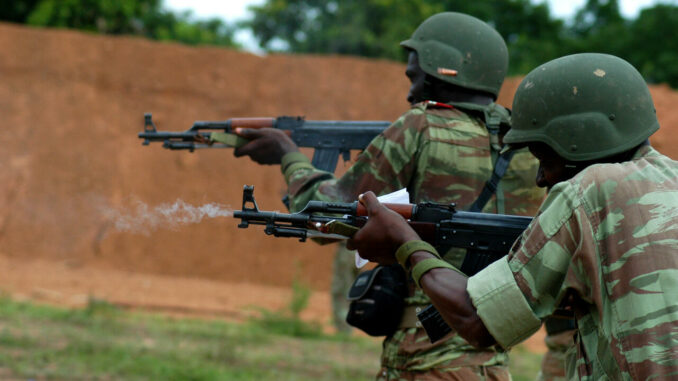
Clashes between armed groups and the military in northern Benin over the past week have resulted in the death of 10 people, including one soldier, as the country faces an increasing wave of attacks on army positions.
While the economic capital, Cotonou, remains a popular destination for international tourists, the northern regions of Benin, which are economically disadvantaged, have been grappling with such violence for years.
The Government attributes these attacks to jihadi groups attempting to expand their influence from neighbouring Burkina Faso and Niger, where long-running insurgencies have destabilised large areas.
In response to the rising violence, the Beninese military launched an offensive operation overnight from Thursday into Friday February 28, resulting in the deaths of nine militants. The operation, which took place in the commune of Karimama near the Niger border, came after an improvised explosive device (IED) killed one soldier and injured two others in nearby Kantoro.
The area, which borders both Niger and Burkina Faso, has seen an increase in violent incidents, with the northern regions particularly vulnerable to attacks from jihadi groups that capitalise on local ethnic tensions and political instability.
The recent surge in violence has raised concerns about the potential spillover of conflict from neighbouring countries into Benin. In February, six Beninese soldiers were killed by unidentified assailants, with the military retaliating by killing 17 attackers. A month earlier, 28 soldiers were killed in an assault claimed by an Al-Qaida-linked group. The ongoing attacks have prompted Benin to strengthen its security measures, deploying thousands of troops as part of Operation Mirador and recruiting additional personnel for border security. Despite these efforts, experts argue that military-focused strategies have yet to address the root causes of the unrest, including local political issues and ethnic divisions that militant groups exploit to recruit fighters.
